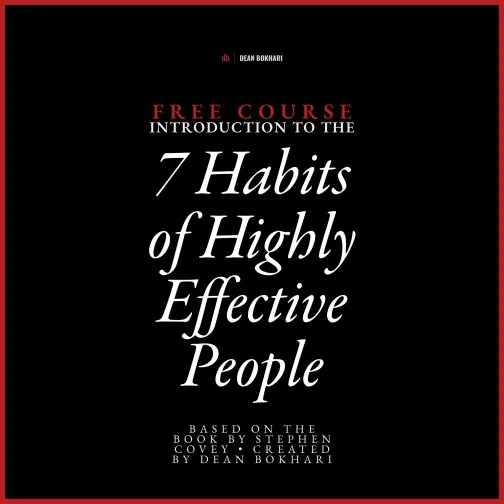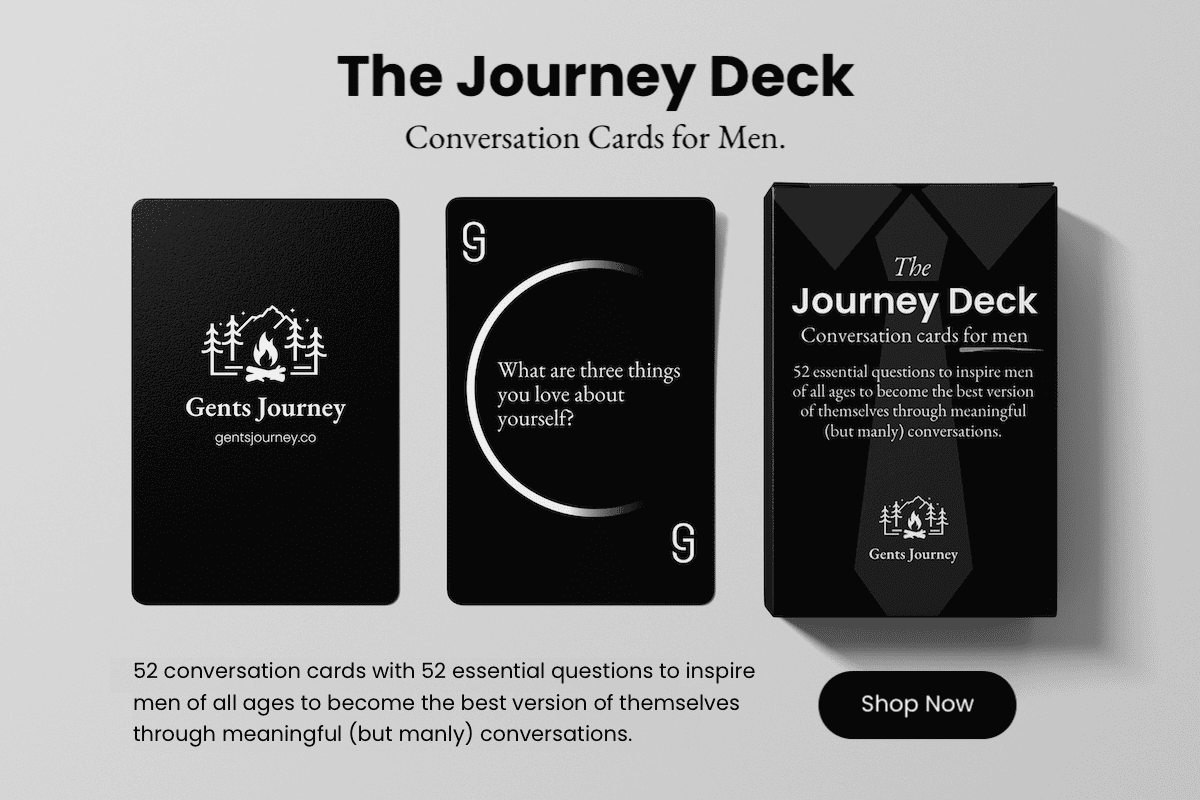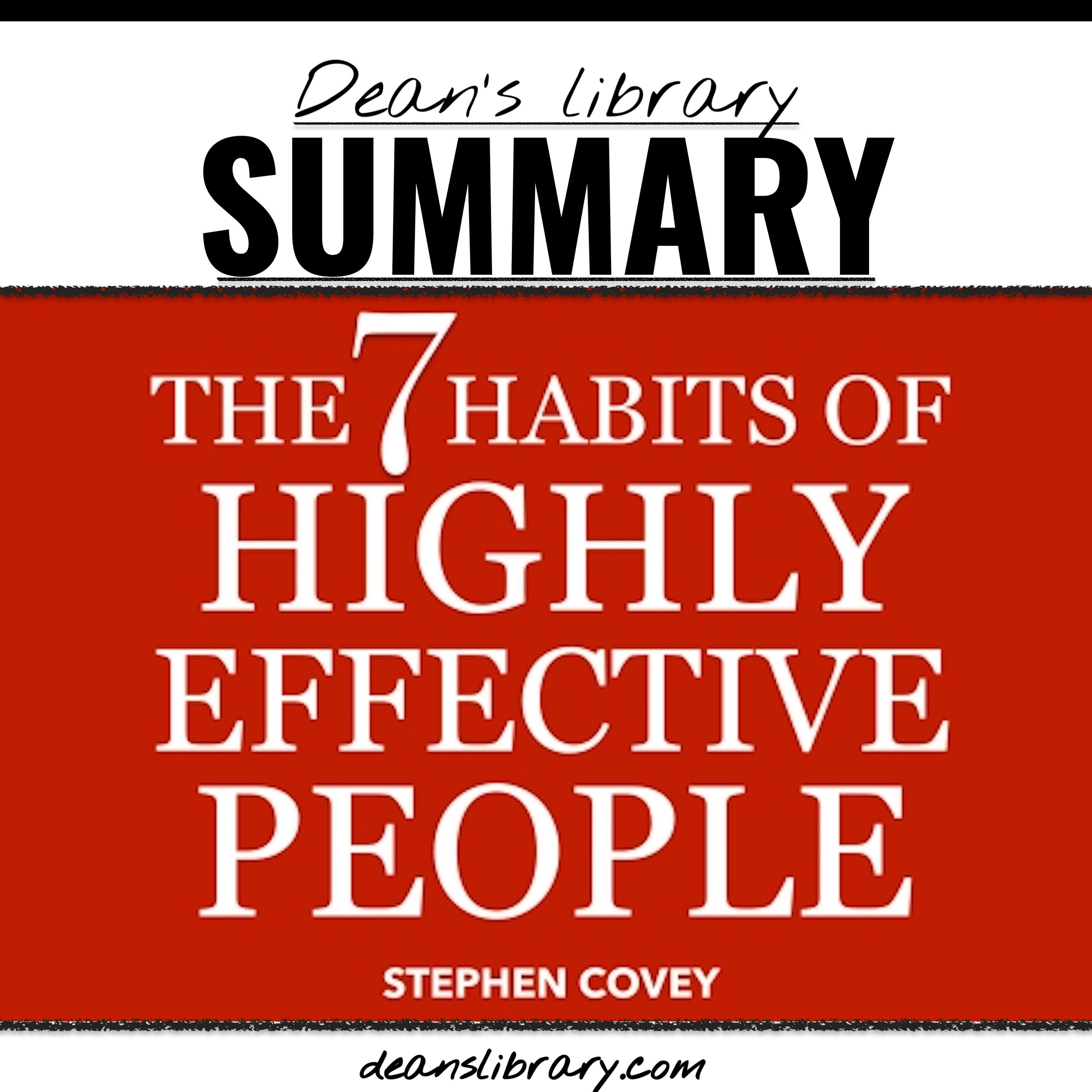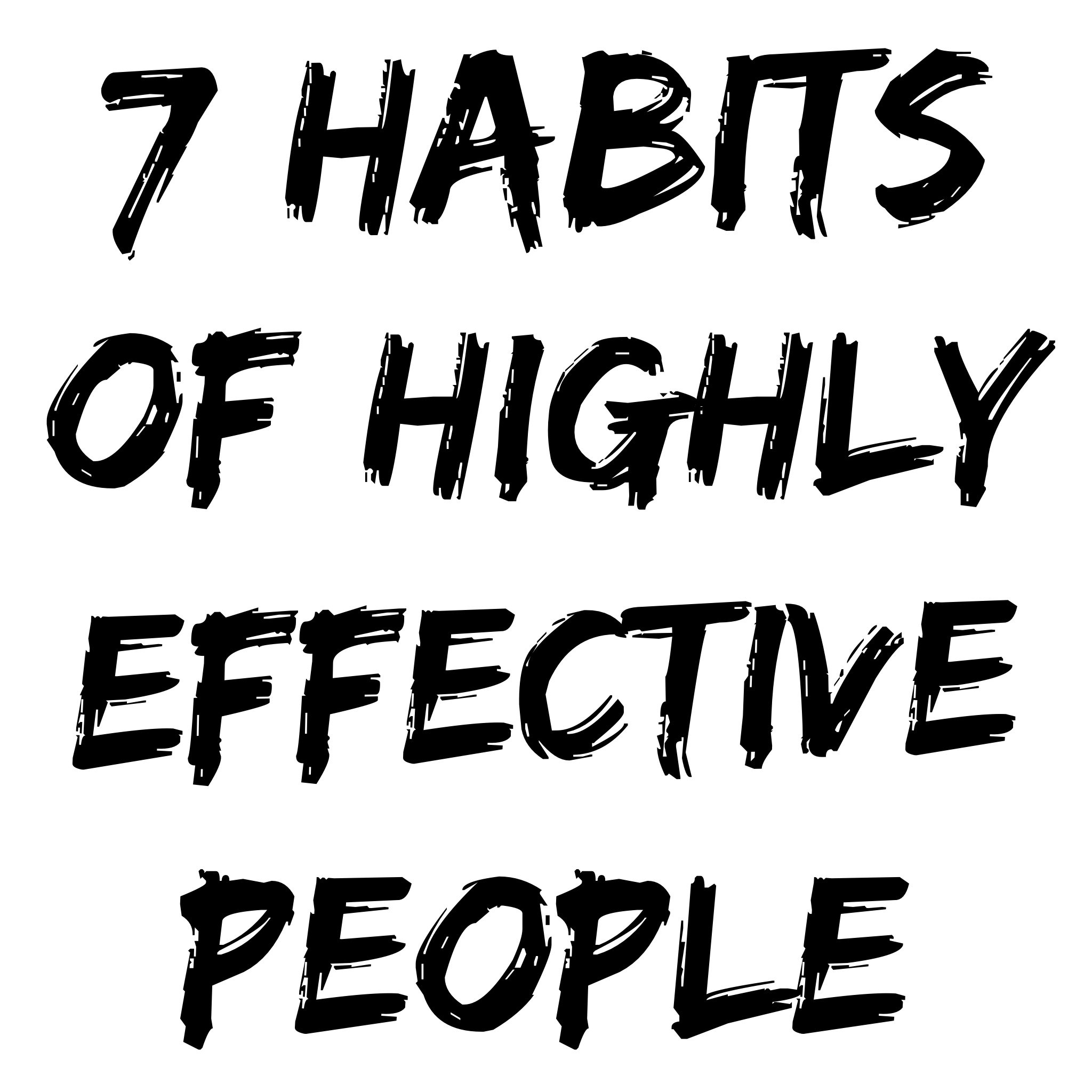7
Reasons Americans Don't Take Time Off for Holidays and Why It's Time to Address
It
Contributed by Beth Rush
The holidays are fast approaching, which means time to meet up with family and friends, rest from the past year, and look forward to 2025. Unfortunately, most American workers refuse to take time off for the merry season. While it has been a common trend for a while now, it’s high time to address why it needs to change.
What Percentage of Americans Don't Take Vacations?
Many Americans use their holiday leave sparingly. A 2024 report finds 53% of Americans don’t plan to use their time off this year. The decision can still vary from worker to worker, but it doesn’t negate that more than half are declining vacations.
Why Americans Don't Take Time Off
Skipping holidays can seem unorthodox, but it’s much more normal in the United States. Here are the biggest reasons why Americans don’t take time off.
1. Fear of Falling Behind
Being present is a feat many Americans take pride in. In 2023, about 49% of workers believed they may fall behind if they take more time off than their employers offer. This line of thinking can translate into a need to stay ahead and on your toes in the workplace.
Falling behind can also create fears of work piling up and overwhelming feelings upon returning. It could also be considered ammunition for management to look for a more suitable replacement for your role.
2. Career Progression
Taking time off means being away from work, which can be a big deal. Some people are in love with their careers because they involve their passions and dreams. Others find their jobs a big part of their personal identity. Many workers just aspire to have a higher rank in their workplace.
These people may think taking a vacation can create the image that they’re less committed to their work than someone who doesn’t. To boost their chances of advancement, they work during the holidays.
3. Hustle Work Culture
Every company’s work culture is different, but there are several spaces where hustling is equated with success. Managers and coworkers create this pressure to meet deadlines and be productive no matter the odds.
Staff may also experience internal pressure. After all, society praises people who can juggle multiple jobs and responsibilities simultaneously. Taking time off is more often associated with being lazy or sloppy.
4. Financial Needs
Employees paid on a salary may feel more comfortable taking time off due to their fixed financial compensation. Meanwhile, about 76.1 million Americans are paid hourly. Saying “no” to vacations means working and earning more money.
During the holidays, you may feel more inclined to bring in more cash to fund all the presents and celebrations you want with the family. There could also be outstanding debt you want to take care of before the year ends.
5. Industry-Related Guilt
Certain industries have a limited pool of workers. While it may mean premium rates when working, there’s also underlying guilt. It’s hard to leave for the holidays while contemplating how your co-workers must cover all the work you need to do.
Freelancing is another environment that may have guilt. Some people think the time spent on a break could be better spent working on projects or upskilling. Others may even have to get contacts to expand their network.
6. Limited Vacation Leaves
Some U.S. employees do not receive holiday leave — those who do only get two weeks or less. Other industrialized countries could see up to a month of holiday. Employees would have to wait and save up their paid time off to stack it for a significant vacation.
7. Pressure of Vacation Planning
Americans may not take time off because planning a vacation is difficult. You want to make the most of your few days off, which means stressing out about booking flights, accommodations and experiences. The work routine may bring more comfort.
Why You Need to Address It
As fulfilling as work may be, vacations are a must-have. In 2023, about 77% of people experienced work-related stress. Constantly focusing on your job negatively impacts your mental health and takes away time from yourself and your loved ones. A work-life balance is important to have.
Plus, the potential burnout hurts your career more than you’d think. You would lack focus and productivity due to constant exhaustion. Stress can also cause physical ailments like headaches and high blood pressure in the long run.
How to Take Time Off These Holidays
Put yourself first by planning a vacation. It doesn’t have to be anything grand — just staying in the comfort of your own home and going to a Christmas party or two is more than enough. You can also plan out how to finish up the rest of your work after coming back.
Talk to the head of your department about taking time off. About four in 10 millennials say they take time off without communicating it to their manager, but it’s key to practice honesty and integrity. Showcase your commitment to maintaining your quality of work.
Reframe Paid Time Off
Taking paid time off is often associated with fear and anxiety. However, it’s essential to view it as a way to recuperate and continue your career. Resting and recharging will put you in a better position to accomplish your goals in the long run.
by Beth Rush • Managing Editor at Body+Mind
✨ New Series: How to Become an Early Riser
- Discover key methods to make early rising a habit
- How to wake up early + energized every morning
- Morning routines for health + success
Free self-development courses
👇
Tap on any of the courses below to start learning how to:
- boost your productivity (withGTD),
- get focused (with Deep Work),
- design a successful + fulfilling life (with The 7 Habits course),
- or learn the art of influencing others (with the How to Win Friends & Influence People course.)
All for free.
👇
Free life guides
👇
Best-selling Self-development courses by Dean Bokhari
Kill procrastination.
|
Get stuff done.
|
Get motivated.
|
Connect with anyone.
|
freshly pressed:
Top Audiobooks narrated by Dean Bokhari on audible
Book summaries
- The Power of Habit by Charles Duhigg
- 12 Rules for Life by Jordan B. Peterson
- Presence by Amy Cuddy
- Leaders Eat Last by Simon Sinek
- The ONE Thing by Gary Keller, Jay Pasan
- Deep Work by Cal Newport
Read or Listen to top Self-Help + Business Book Summaries in 20 Minutes or Less.
or






































